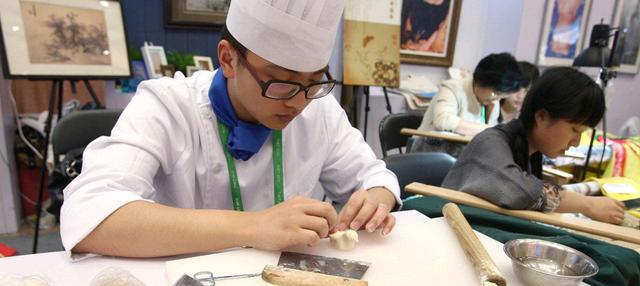在英语中,blow 原本的意思是“吹”,它可以表示从嘴巴送气出来,如 blow hard,意为“用力吹”,也可以表示风或气流的流动,此时常用“空”主语 it,如 it was blowing hard,意为“刮着大风”,等等;例如:
The police officer suspected I had one too many and asked me to blow into the breathalyser.
警察怀疑我喝酒了,让我往呼吸分析仪里吹气。
然而在实际应用中,blow 的意思远不止这些,其中很大一部分被用作比喻,如意为“泄密,挥霍,浪费”等,因为“风”可以刮走很多的东西,造成不同的后果,例如:
He inherited over a million dollars and blew it all on drink and gambling.
他继承了一百多万元,全部挥霍在饮酒和赌博上了。
She blew her chances by arriving late for the interview.
她面试时迟到,结果错过了机会。
在短语动词方面,blow 也有很多的用法,其中比较常用的有两个,一个是 blow out,意为“被熄灭,吹灭”等,例如:
The door blew open, and the birthday candles blew out.
门被吹开了,生日蜡烛也被吹灭了。
All of a sudden, a gale blew out all our torches.
突然,一阵大风把我们所有的火把都吹灭了。
第二个是 blow up,它常见的意思是”爆炸“,例如:
Hundreds of people got killed after the bomb blew up.
炸弹爆炸后,数百人丧生。
然而,在实际应用中 blow up 还有更多的用法,这也是短语动词难学的一个很重要的原因,有些短语动词的用法甚至超过了动词本身,如 pick up 的用法有几十种,总有一种你没用过的。Blow up 还有以下意思:
一、blow up,意为“爆发”,例如:
A storm was blowing up.
暴风雨大作。
二、blow sth up,意为“炸毁”,例如:
Half of the members of the board agreed to blow up that old apartment building and replace it with an adventure playground.
半数董事会成员同意炸毁那栋旧公寓楼,并用冒险乐园取而代之。
三、blow sth up,意为“给某物充气”,例如:
One of my bike tires needs blowing up.
我的一个自行车轮胎需要充气。
四、blow sth up,意为“夸大,夸张”,例如:
The plot was completely blown up, and it's almost impossible to follow.
情节被完全夸大了,几乎叫人不明所以。
五、blow sth up,意为“放大(照片)”,此时常用它的名词形式 blow-up,例如:
Kelly sent a blowup of their wedding picture to all her relatives.
凯利把他们结婚照的放大照片寄给了所有的亲戚。
六、blow up (at sb),意为“对(某人)发货,动怒”等,相当于 lose one's temper 或 blow one's top,例如:
I'm sorry I shouldn't have blown up at you like that.
对不起,我不该那样对你大发雷霆。
The teacher will blow his top when he realizes what we've done.
当老师意识到我们所做的事情时,他会大发雷霆的。
短语动词学一个少一个,但更为关键的是尝试去使用它们,不然很容易忘记,因为很多短语动词的意思很相近。





